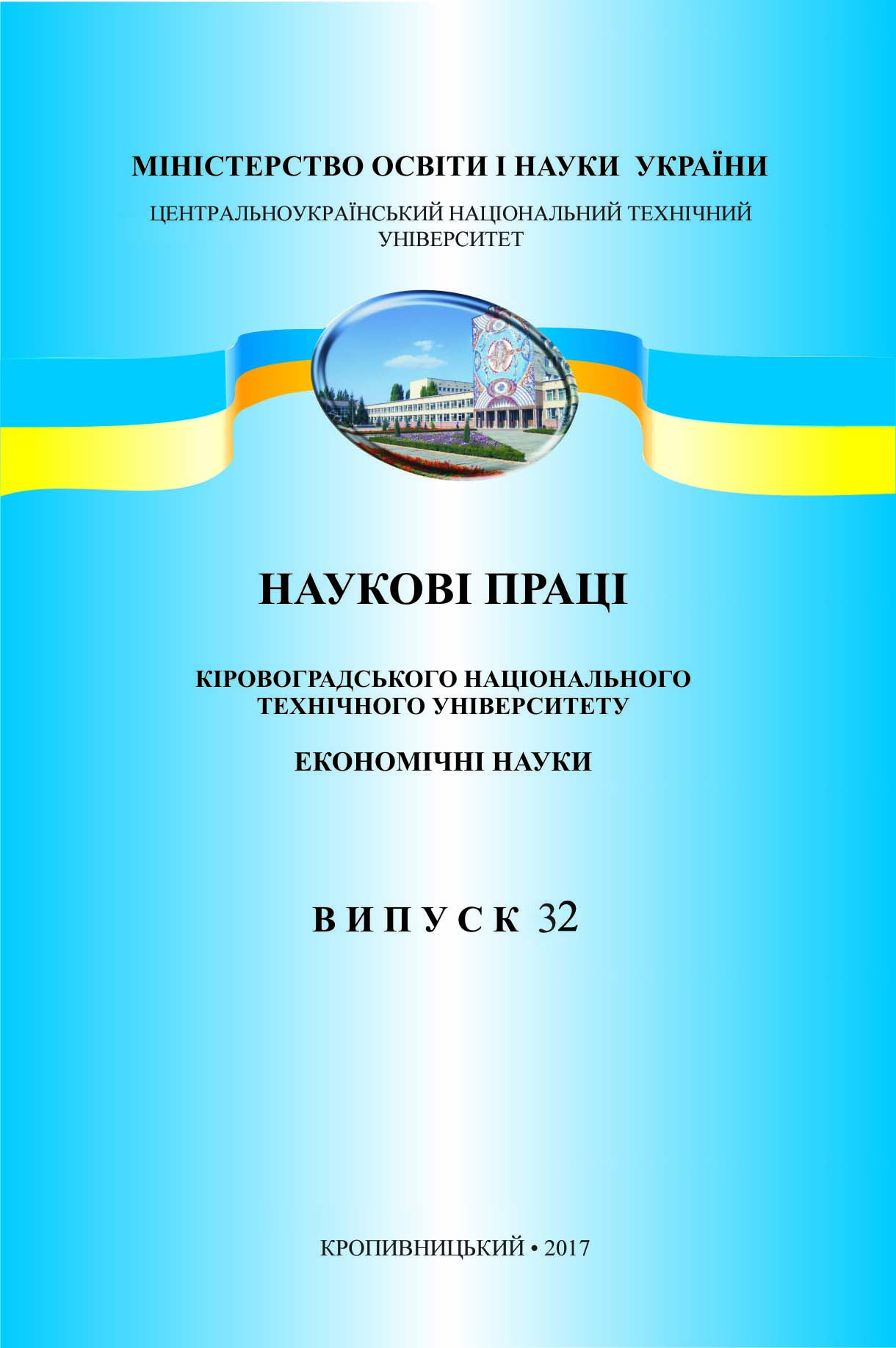Європейський досвід інформування громадян про митні правила
Normative Regulation on the Definition and Control of Customs Value of Goods in the EU
Author(s): Tatiana RudaSubject(s): Politics / Political Sciences, Politics, Economy, National Economy, Supranational / Global Economy, Business Economy / Management, EU-Approach / EU-Accession / EU-Development, Public Finances, Socio-Economic Research
Published by: Кіровоградський національний технічний університет
Keywords: informing citizens of EU customs rules; monuments and brochures for travelers;
Summary/Abstract: The article deals with the basic aspects of regulation on the definition and control of customs value of goods in European countries. The methods of customs valuation used in the EU, the main elements of the procedure of the correctness of its determination, especially the settlement of disputes in this area. The analysis and expediency of implementation of articles of the Customs Code of the EU in defining and controlling the customs value of goods in domestic practice.Thus, the purpose of writing is a synthesis of European experience regarding normative regulation on the definition and control of the customs value.Thus, summarizing the results of the research, it should be noted that the question of definition, control and adjustment of the customs value of goods in the EU is economic in nature and provides for the protection of customs interests of both the state and participants in foreign economic activity is regulated exclusively by regulations that are not only customs Code, but also leadership (guidance) to determine the customs value and amendments thereto, which contain detailed algorithm of actions for each of the participants customs relations. In addressing problem areas to adjust customs value of preferred consensus through written consultations between the customs authorities and participants of foreign trade who are interested in observing the customs legislation creates conditions for the development of mechanisms for customs simplifications.However, it should be noted that certain elements of the European practice of regulation study issues reflected in the Customs Code of Ukraine, however, worth noting that it is expedient adaptation implemented articles to domestic realities of state customs, which certainly should include the development and adoption of additional regulations andlegal acts that regulate issues identification, control, adjustment of customs value of goods, and will make these processes "transparent" and accessible to members of customs relations.
Journal: Наукові праці Кіровоградського національного технічного університету. Економічні науки
- Issue Year: 2017
- Issue No: 32
- Page Range: 59-68
- Page Count: 10
- Language: Ukrainian

